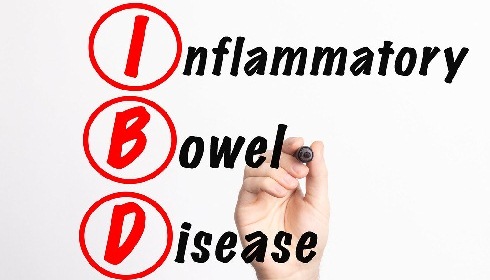
Nanoparticle fortified probiotics show marked improvement in alleviating IBD symptoms: Study
Nanoparticles-laden probiotics or gut-friendly bacteria have shown marked improvement in alleviating symptoms of irritable bowel disease (IBD), including Crohn's disease and ulcerative colitis in mouse models, researchers of a new study said.
The findings of the study, published in the journal Science Advances recently, demonstrated that when probiotic Escherichia coli Nissle 1917 was fortified with nanoparticles of a synthesised polymer of hyaluronic acid, called polypropylene sulphide (HA-PPS) eliminated reactive oxygen species (ROS) and highly dysregulated gut microbiota.
Building upon the previously designed technology that encases the probiotics in a thin layer to help them withstand the onslaught of gastric acids and competitive bacteria, the research team led by Professor Quanyin Hu, a biomedical engineer at the University of Wisconsin –Madison School of Pharmacy, joined the nanoparticles to the surface of the bacteria to achieve the desired results.
According to the researchers, this technology makes orally administered probiotics more effective but noted that IBD is a complex disease that usually involves more than gut microbial communities.
"IBD is a complicated disease, and you need to attack it at different angles," Professor Hu said.
The researchers estimated the effects of the treatments in two ways, firstly by measuring changes in weight and changes in the colon length of mice with IBD that did and did not receive the treatment.
Just as in humans, mice with IBD commonly experience weight loss and reduction in the colon length with the progression of the disease.
The researchers found that mice receiving the complete treatment experienced the least weight loss and much less colon shortening than their counterparts receiving partial or no treatments.
In place of the currently available treatment options that depend on the stage and severity of the disease, the researchers said that they had sought a more holistic treatment that could be effective at any stage.
“That is the most exciting part of this research for me,” Hu said.
“We did not want to target a specific IBD stage. We wanted to select the most important factors that contribute to curing or treating the disease at whatever stage,” he added.
Additionally, the treatment is administered orally, which could make it a palatable alternative to other more invasive forms of IBD treatment, including partial or complete colon removal, they said.
Describing the initial results as promising, the researchers informed that they are testing whether the nanoparticles work well with other probiotic bacteria species and documenting whether the treatment has any unwelcome side effects.
Simplifying the process of creating and attaching the nanoparticles to probiotics will also be crucial for making the treatments clinically feasible, they noted.